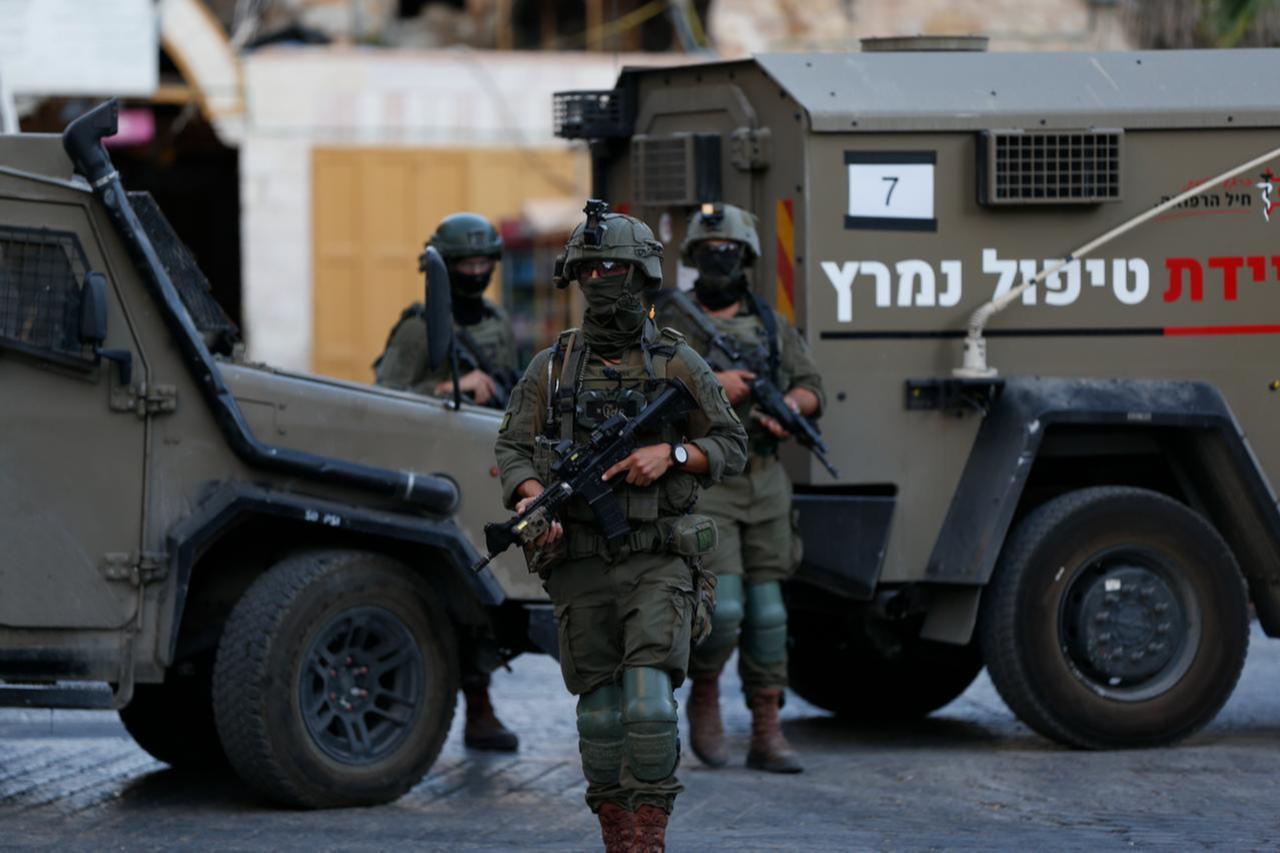
The Israeli military began implementing a decision Tuesday to call up 60,000 reservists in preparation for occupying Gaza City, amid growing tensions between reserve forces and Prime Minister Benjamin Netanyahu's government, according to Israeli media reports.
The mobilization order took effect as planned, with thousands of reservists expected to report for duty under the operation to occupy Gaza City, Haaretz reported. However, the military is grappling with concerns about low participation rates due to what officials describe as a crisis of confidence in the government.
"Some reservists have served for hundreds of days, and the army is worried about low participation due to the burden of war, concerns for the lives of hostages and lack of trust in the government," the newspaper reported. "Due to the trust crisis with the Israeli government, the army is fighting for every reservist."
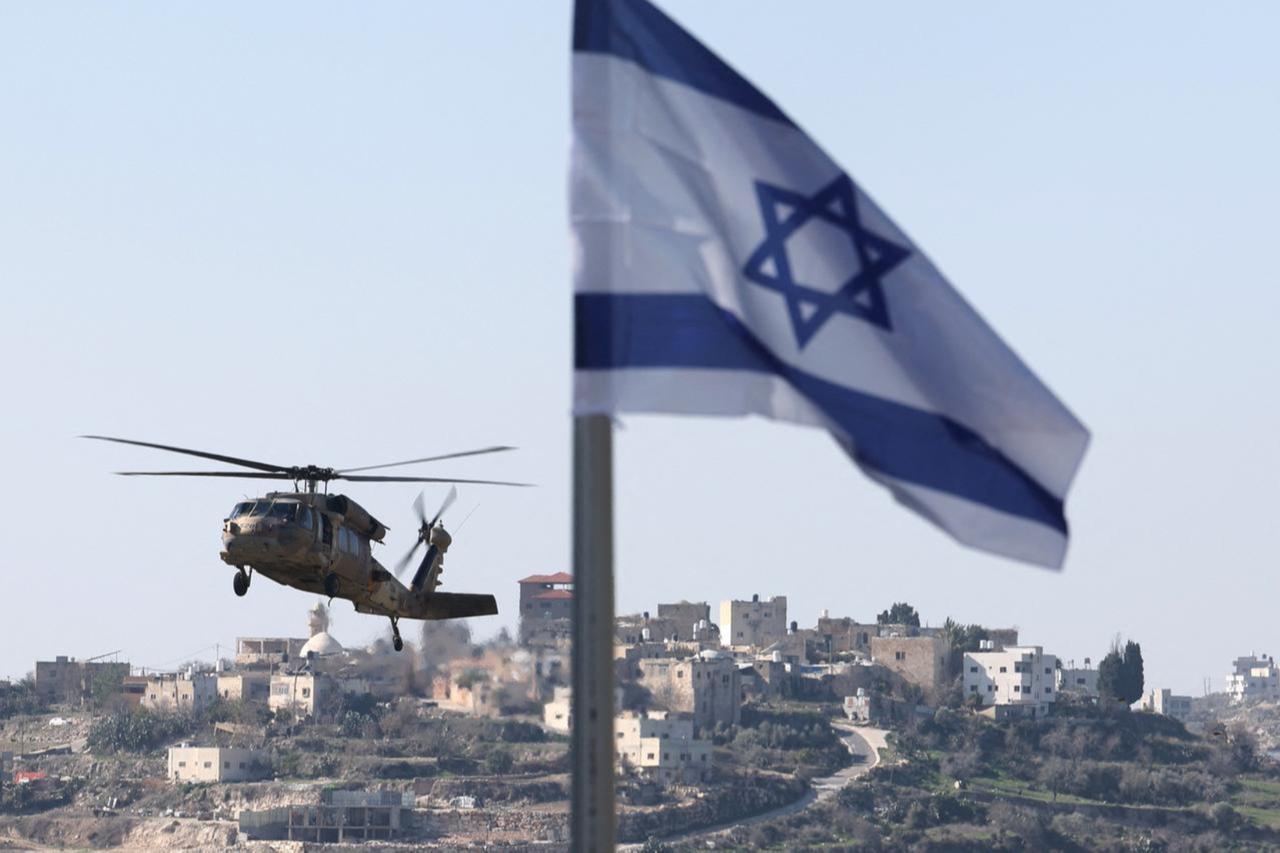
Most of the called-up reservists have previously served for months in the conflict. Depending on developments in Gaza fighting, their service periods could be extended by an additional month. A significant portion will be deployed to the West Bank and northern Israel regions to ease the burden on regular conscripted soldiers.
Speaking anonymously to Haaretz, one reservist said many reserve soldiers have disagreements about the Israeli hostages held by Hamas and that some do not trust the Netanyahu government's stated goals of defeating Hamas and returning the captives.
One reservist scheduled for deployment to a military base in southern Israel said he had spoken with his superiors and expressed his thoughts but received no response.
"It's clear even when we talk to commanders that we're in a war the Israeli army doesn't want," the soldier said. "After 280 days of fighting in Gaza, no one can tell me fairy tales. Unfortunately, I know Gaza. The Gaza war has nothing to do with returning the hostages. We all know this."
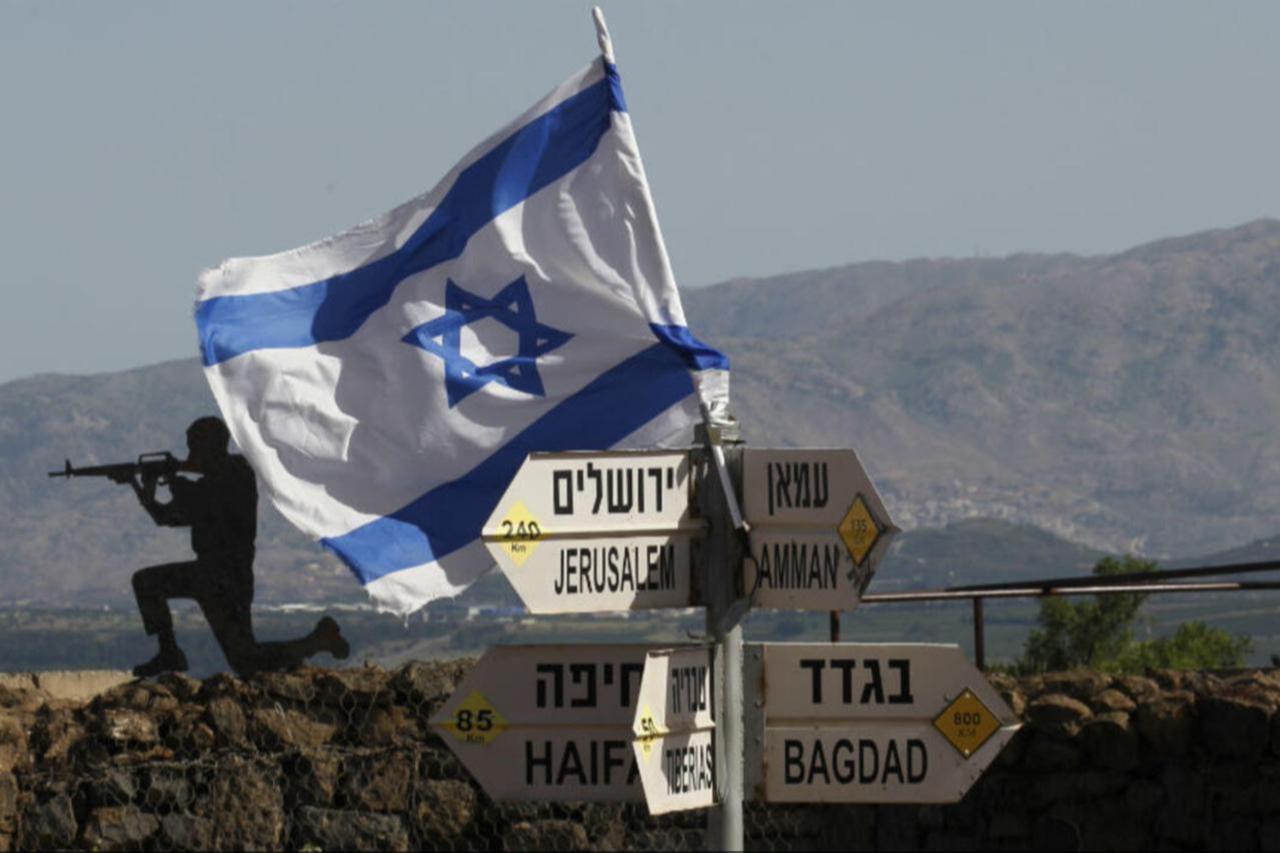
The report cited unnamed senior Israeli military officials acknowledging that "trust problems between the military structure and the government have infiltrated the army ranks."
Prior to ground operations in Gaza, reserve commanders were asked to meet with soldiers and allow them to "express their feelings," according to the report.
A reservist fighting in Gaza said that even before the current call-up and service extension, some had requested not to participate, with commanders asking each soldier about their ability and willingness to serve.
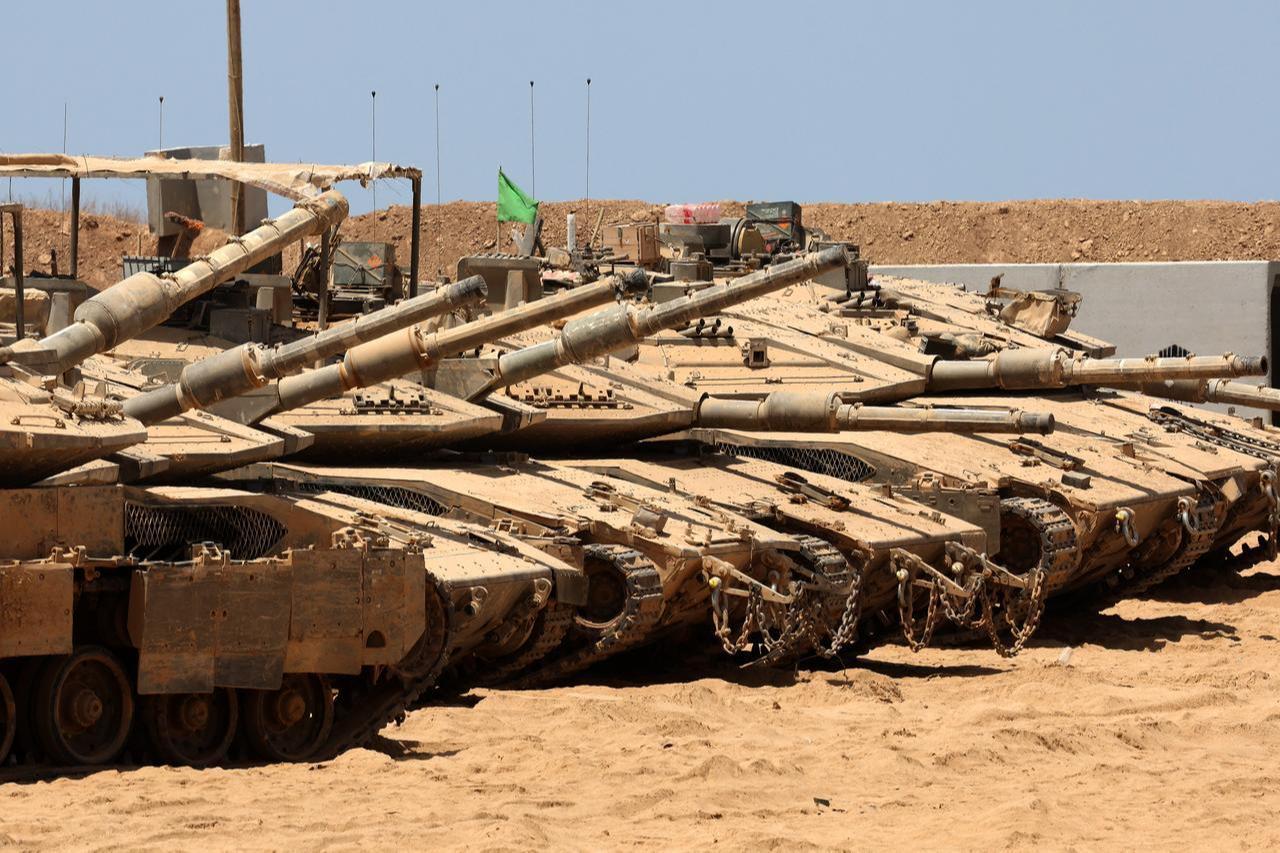
The Israeli military is reportedly concerned about low participation rates among reservists. "The army is planning to hide exact figures and manipulate data to make non-participation seem insignificant, but the complexity of the situation in the field is clear to everyone," according to the Haaretz report.
Describing the Israeli military as "completely scattered," the reservist said the army needs to restructure.
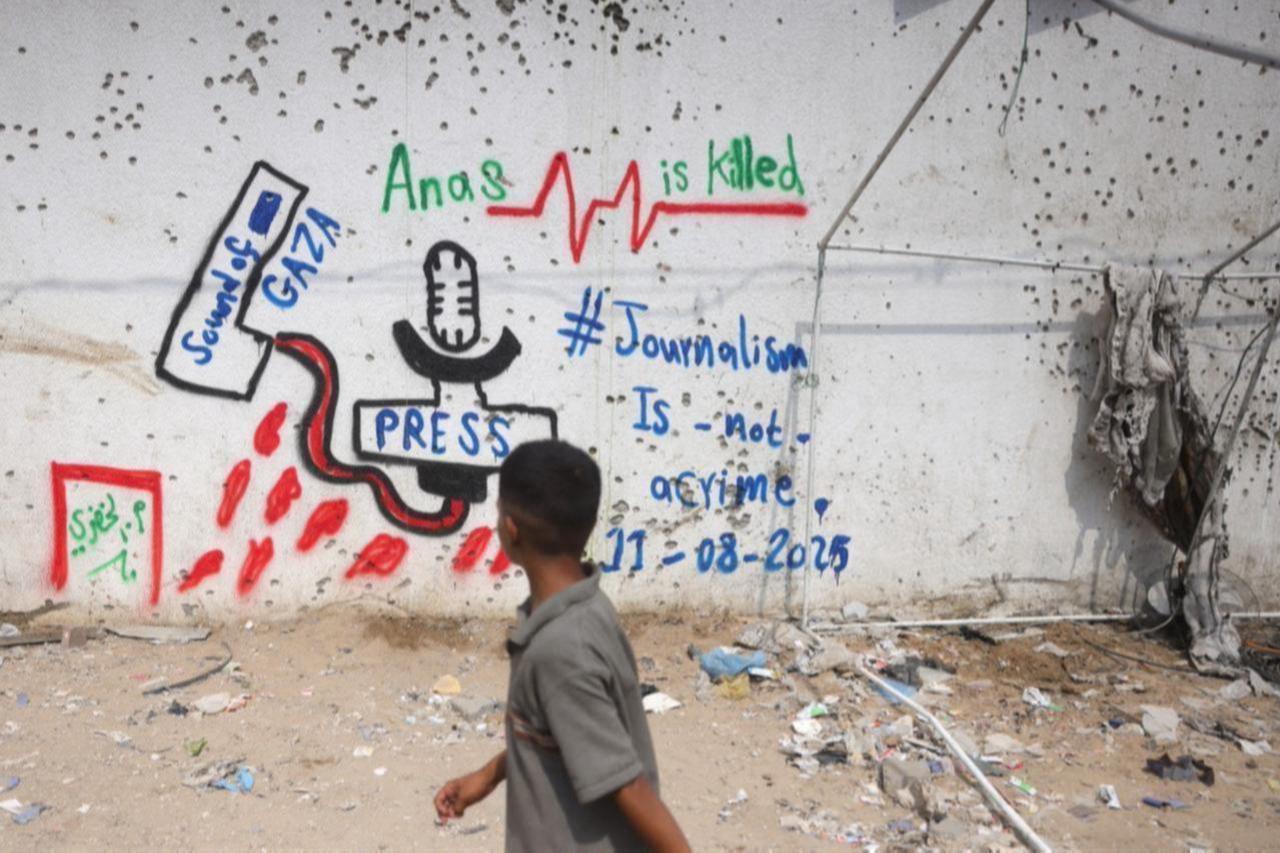
Israel's Security Cabinet approved a plan to occupy Gaza City on August 8. The plan calls for approximately one million Palestinians to be moved south in the first phase, followed by a siege and intensive attacks before occupation.
The second phase envisions occupying refugee camps in Gaza City's center, which has been largely reduced to rubble.
Israel occupied the Gaza Strip for 38 years from 1967 to 2005. The territory, home to approximately 2.3 million Palestinians, has been under a severe blockade for 18 years.